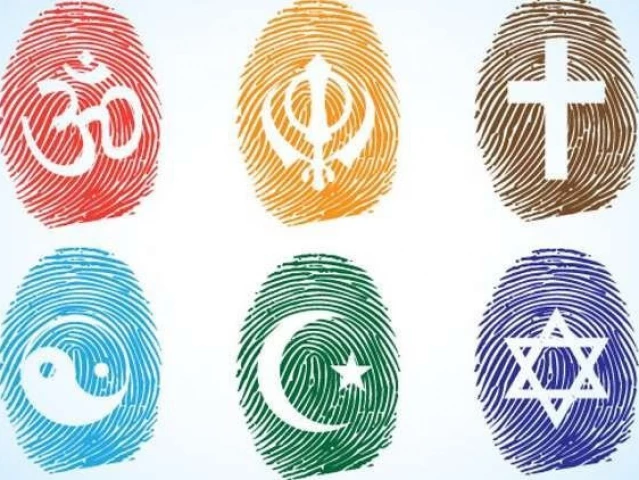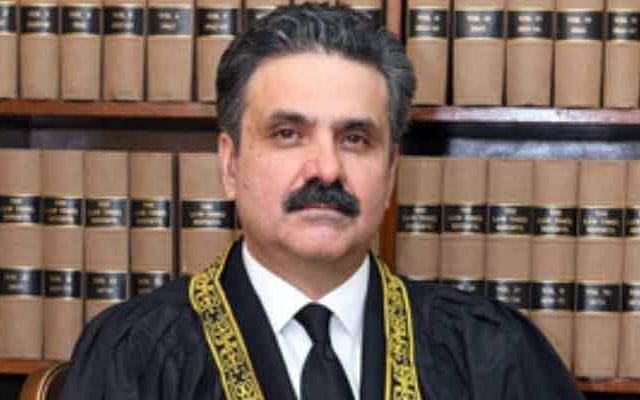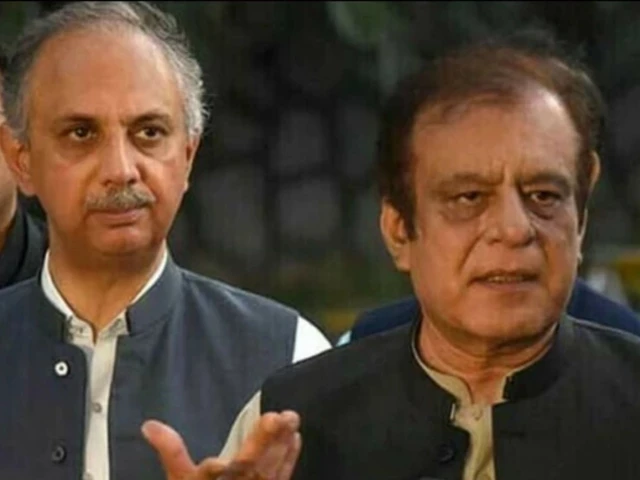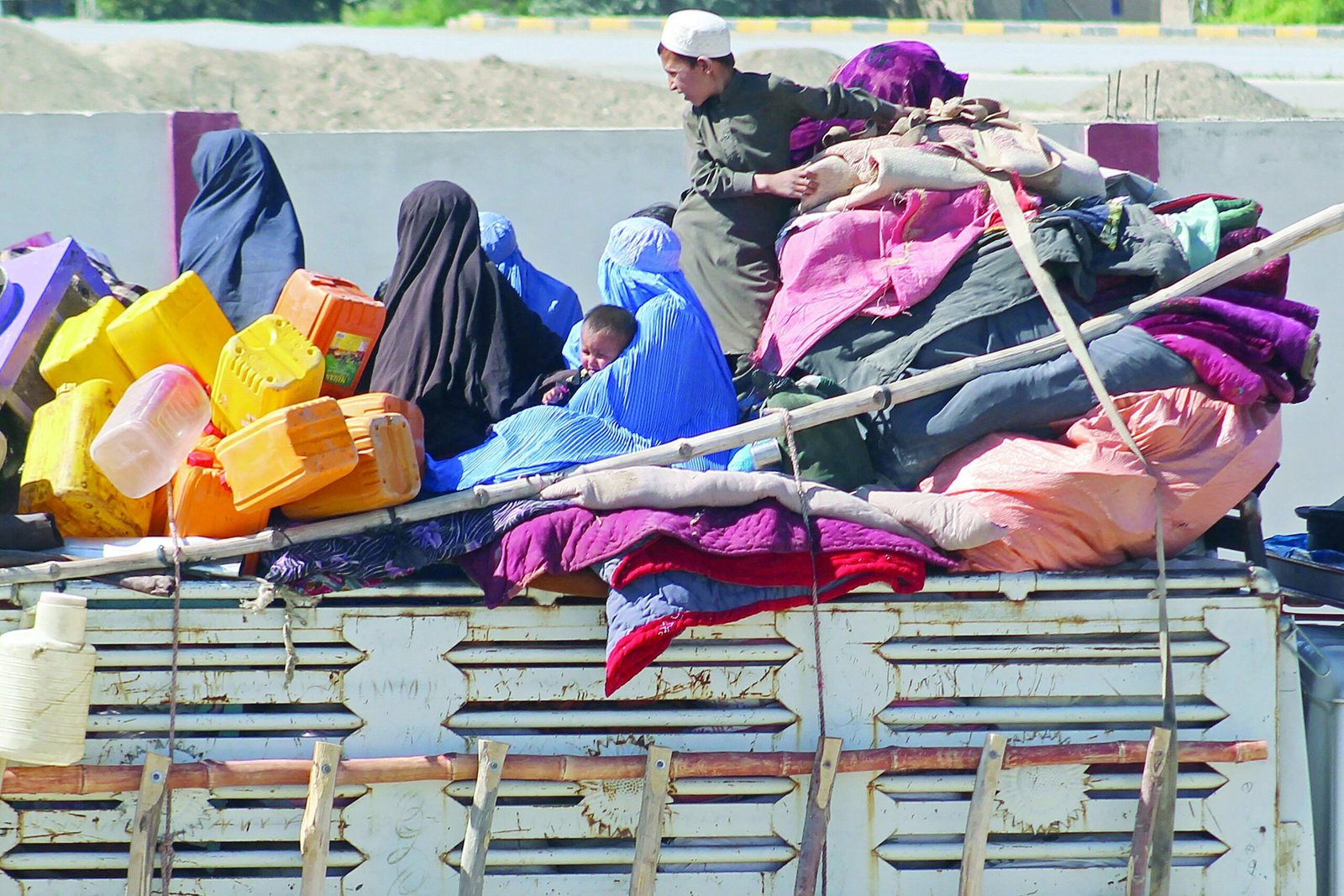Understanding Forced Conversions Through Marriages: A Call for Action
In recent years, forced conversions through marriages (FCM) have emerged as a pressing issue affecting minority communities in Pakistan, particularly young women and girls. In a significant effort to shed light on this disturbing trend, the National Commission for Human Rights (NCHR) and the Legal Aid Society (LAS) recently launched a comprehensive research report and documentary in Islamabad. This initiative aims to examine not only the factors driving these forced conversions but also their impact on survivors and society at large.
The national dialogue brought together a diverse group of legal experts, rights activists, and criminal justice professionals, highlighting the urgent need for action. Justice Dr. Syed Muhammad Anwer attended as the chief guest, emphasizing the importance of addressing this “deeply entrenched problem” in Pakistan.
The report, presented by LAS Director Maliha Zia, draws on powerful testimonials from survivors. It seeks to clarify the often-blurred lines between ‘force’ and ‘consent’ in cases of FCM. By exploring the motivations behind these heinous acts—ranging from religious ideologies to trafficking—it helps us understand not just the individual tragedies but also the broader societal implications.
NCHR Chairperson Rabiya Javeri Agha shed light on the specific vulnerabilities faced by girls and women from minority communities. Despite constitutional safeguards, these individuals often find themselves in perilous situations. The commission’s proactive measures, including suo motu notices in cases involving abducted minors, showcase a commendable responsiveness to this crisis.
However, the emotional and psychological toll on FCM survivors cannot be overstated. CEO LAS Haya Emaan Zahid poignantly noted that victims often endure severe trauma, abuse, and ostracization. This not only devastates the lives of individuals but also fractures communal ties, undermining the very fabric of our society.
The event concluded with a robust panel discussion where experts emphasized the critical need for stronger protection mechanisms for minority rights. It’s clear that more advocacy, awareness, and legal frameworks are essential to combat this issue and support those affected.
The conversation surrounding forced conversions through marriages is not just a legal issue; it reflects our collective humanity. As compassionate citizens, we must engage in dialogues and actions that demand justice and protection for all individuals, regardless of their background. The work highlighted by NCHR and LAS is pivotal, and there’s a clear call to the community to join forces against such violations.
For those looking to get involved and make a difference, consider connecting with organizations like Pro21st. They are dedicated to fostering discussions around human rights and can help you find your own place in this vital effort. Together, we can ensure a safer, more equitable society for everyone.
At Pro21st, we believe in sharing updates that matter.
Stay connected for more real conversations, fresh insights, and 21st-century perspectives.





